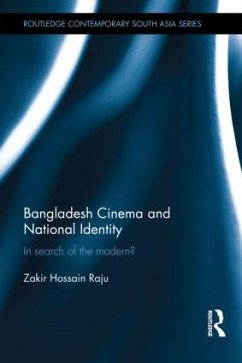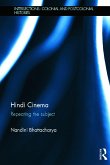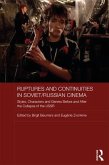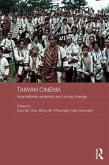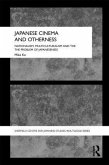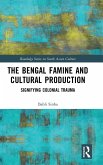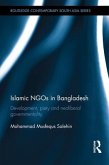Throughout the twentieth and early twenty-first centuries, cinema has been adopted as a popular cultural institution in Bangladesh. At the same time, this has been the period for the articulation of modern nationhood and cultural identity of Bengali Muslims in Bangladesh. This book analyses the relationship between cinema and modernity in Bangladesh, providing a narrative of the uneven process that produced the idea of "Bangladesh cinema." This book investigates the roles of a non-Western "national" film industry in Asia in constructing nationhood and identity within colonial and postcolonial predicaments. Drawing on the idea of cinema as public sphere and the postcolonial notion of formation of the "Bangladesh" nation, interactions between cinema and middle-class Bengali Muslims in different social and political matrices are analyzed. The author explores how the conflict among different social groups turned Bangladesh cinema into a site of contesting identities. In particular, he illustrates the connections between film production and reception in Bangladesh and a variety of nationalist constructions of Bengali Muslim identity. Questioning and debunking the usual notions of "Bangladesh" and "cinema," this book positions the cinema of Bangladesh within a transnational frame. Starting with how to locate the "beginning" of the second Bengali language cinema in colonial Bengal, the author completes the investigation by identifying a global Bangladeshi cinema in the early twenty-first century. The first major academic study on this large and vibrant national cinema, this book demonstrates that Bangladesh cinema worked as different "public spheres" for different "publics" throughout the twentieth century and beyond. Filling a niche in Global Film and Media Studies and South Asian Studies, it will be of interest to scholars and students of these disciplines.
Hinweis: Dieser Artikel kann nur an eine deutsche Lieferadresse ausgeliefert werden.
Hinweis: Dieser Artikel kann nur an eine deutsche Lieferadresse ausgeliefert werden.

